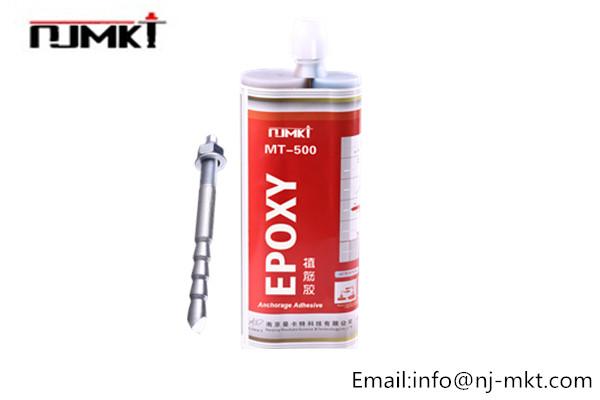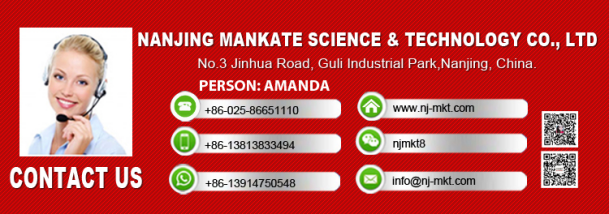what is bonded anchor(chemical anchor)? Many people have asked NJMKT about it? Now let NJMKT make it clear for you!
First is about its definitions:
1. Europe (defined by ETAG-001-PART-1-GENERAL-2013-04-08)
Bonded anchors (Figure 2.2d) are anchored in drilled holes by bonding the metal parts to the sides of the drilled hole with a mortar (e.g. resin mortar). Tensile loads are transmitted to the concrete via bond stresses between the metal parts and the mortar and the mortar and the concrete face of the drilled hole.
2. the United States(defined by ACI 318 - 11 Appendix D)
Adhesive Anchor - A post-installed anchor, inserted into hardened concrete with an anchor hole diameter not greater than 1.5 times the anchor diameter, that transfers loads to the concrete by bond between the anchor and the adhesive, and bond between the adhesive and the concrete.
Adhesive - Chemical components formulated from organic polymers, or a combination of organic polymers and inorganic materials that cure when blended together.
3. China (defined by JGJ145-2013 Technical Specifications for Post-installed Fastenings in Concrete Structures)
Chemical Anchor/Adhesive Anchor
It is composed of metal bolt and anchoring adhesive, and form anchor effect by anchoring adhesive. Chemical anchor divides into normal chemical anchor and inverted conical special chemical anchor.

Now China highly recommended construction projects are using inverted conical special chemical anchor, for its capacity of anti-aging for 50 years, weldable and so on(only standard manufactures can provide you with this kind of anchor. NJMKT inverted conical special chemical anchor are widely used in China railyways, high speed railyways and Shanghai Disneyland!)
Second is about the main applications of bonded anchor(chemical anchor/adhesive anchor)
1. Suitable for construction reinforcement with high extreme high requirements, such as nuclear power plant.
2. The installation and fixings used in factories, delivery system, and huge equipments of lifting system.
3. Fixing and reinforcement of railways, tunnel, bridges and different pipes.
4. The connection and fixing of curtain wall and steel structure.
Editor: NJMKT
The copyright is reserved by www.nj-mkt.com. If reprint please indicate its source.
